TF–02
Die Privilegien des Erzbischofs Johann II. (von Nassau) vom 24. Juli 1404 in den neun Städten legen nahe, dass es keine weiteren dauerhaften Wohnplätze von Juden im Mainzer Obererzstift gab. Am 12. Oktober 1456 waren die von Johann II. getroffenen Regelungen immer noch in Kraft. Der neue Erzbischof Dietrich von Mainz (Schenk von Erbach) bestätigt den Juden seines Amtsbezirks neuerlich ihre Rechte.
Das Oberamt Starkenburg wurde 1461 im Zuge der Mainzer Stiftsfehde an die Pfalz verpfändet. Juden hatten in der Pfalz seit 1390 kein Bleiberecht mehr. Nach reichsweiten Austreibungen aus den Städten, im Jahre 1473 gar aus Mainz, war das urbane Judentum Ende des 15. Jh. auf eine heute kaum mehr nachweisbare Größe geschrumpft. Allein in Frankfurt, Worms, Prag und Wien existierten noch nennenswerte Gemeinden. Die Juden überlebten — wenn sie nicht nach Osteuropa gezogen waren — in kleinen Herrschaften, in denen sie in der Lage waren, sich zu Landjudenschaften zu organisieren. In das Oberamt Starkenburg kehrten sie erst nach Aufhebung der Pfälzer Pfandschaft zurück — mitten im Dreißigjährigen Krieg.
A tax exemption and extensive privileges in gratitude for financial aid received by the Archbishop of Mainz from Jews residing here provides the earliest indication of their permanent settlement in the medieval Amt Starkenburg. In the records of the town of Heppenheim it is handed down that on January 3, 1384, the Archbishop of Mainz Adolf I „granted his Jews“ in the nine towns of Aschaffenburg, Miltenberg, Buchen, Dieburg, Seligenstadt, Heppenheim, Bensheim, Amorbach and Tauberbischofsheim the grace that they should not be burdened with any tax, except the ordinary levies, for the next three years, since they had paid him his collegiate debts. The Jews of the aforementioned towns were also not to be summoned to ecclesiastical courts. They were only to stand in judgment where the archbishop commanded. Finally, they were to not have to give dice, water and land taxes for the next three years. In 1404 and 1456 similar privileges were confirmed by Adolf I’s successors. In 1461, with the onset of the Palatinate seigniory, the Jews lost their right to stay in Starkenburg. Still in the course of the Thirty Years‘ War they returned and founded an era of successful
an era of successful rural Jewry in the region.
